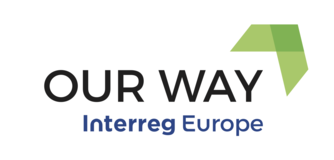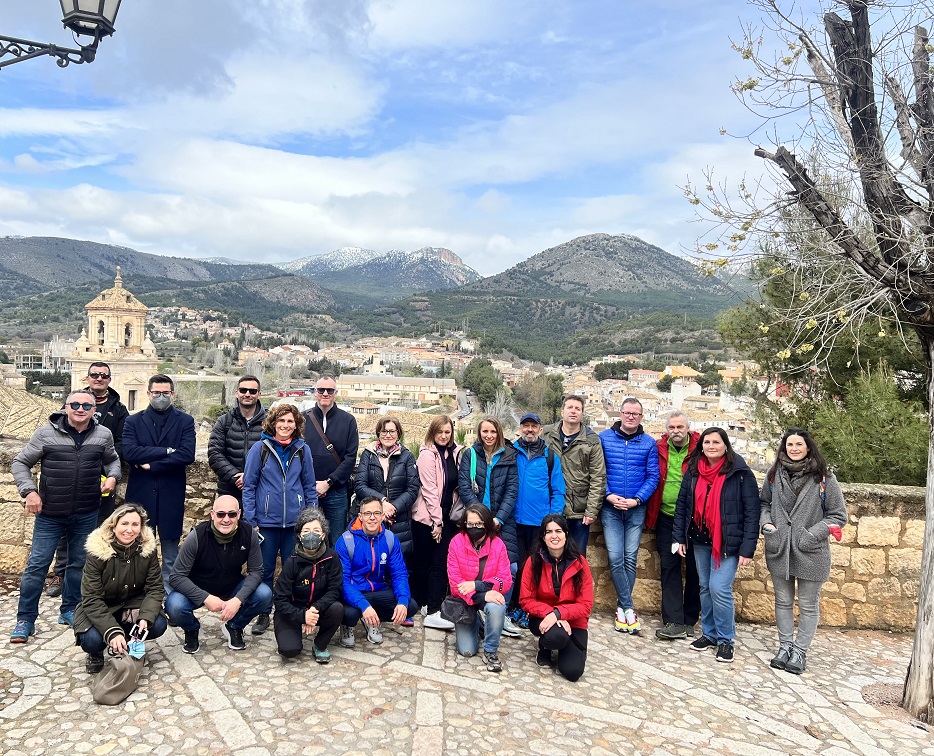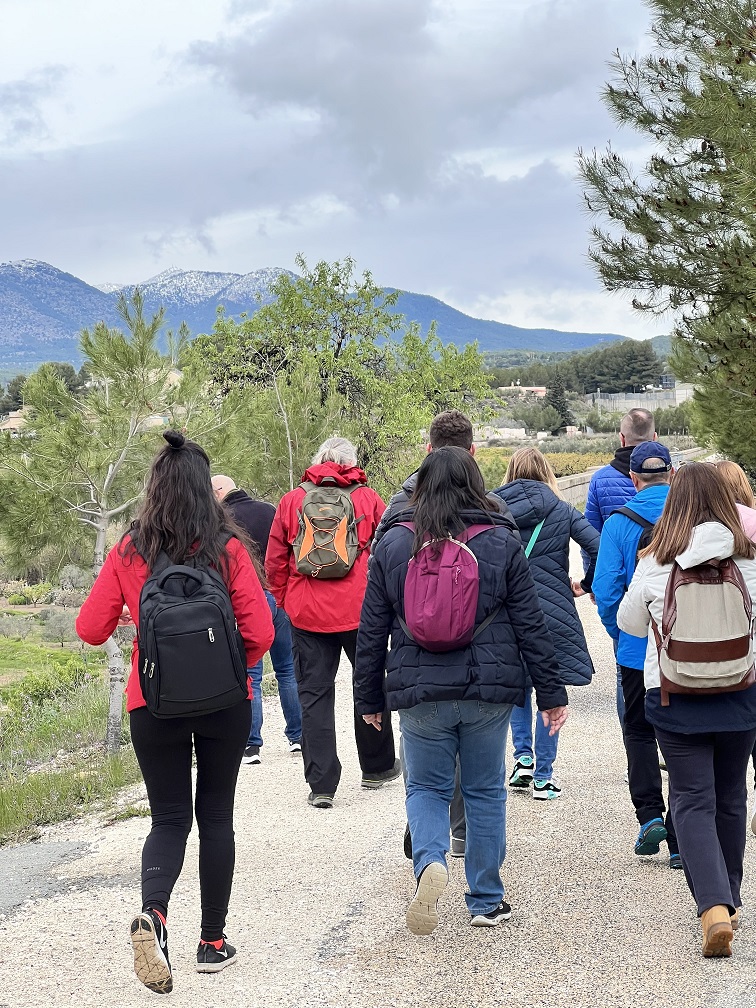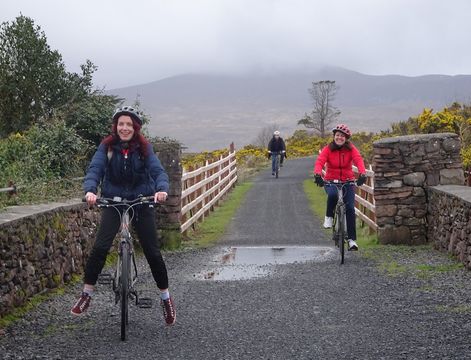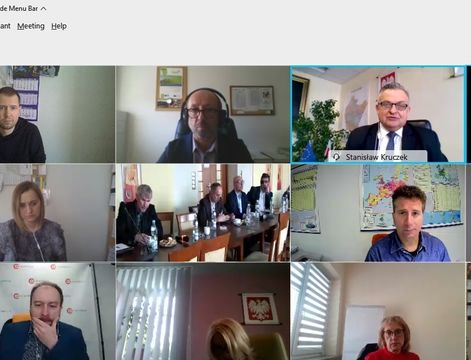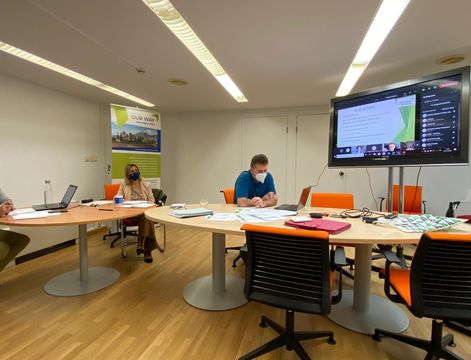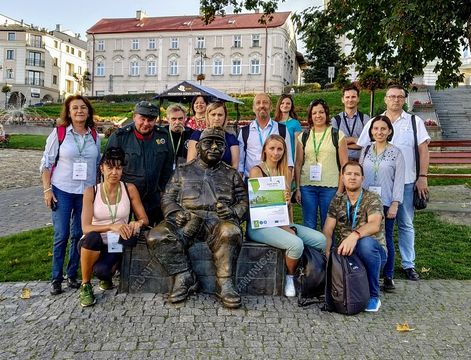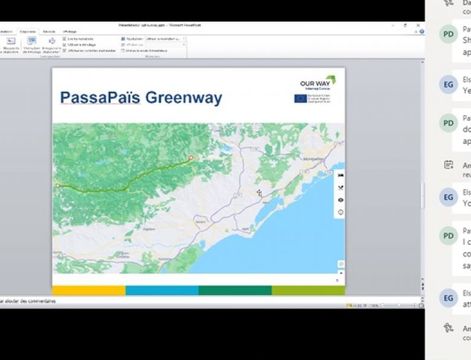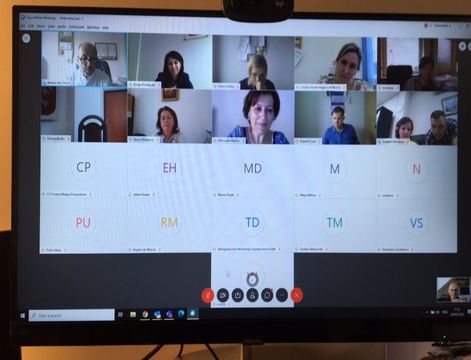The 2nd Interregional Thematic Workshop “Identification of financial instruments and funding for Greenways” was held in Rzeszów, Poland, on 24 – 25 September 2019, together with the 3rd Steering Group Meeting of the OurWay project.
We were given a fantastic welcome in Podkarpackie and got to know some beautiful places in Bieszczady and Rzeszów as well as the nature and heritage of the region.
In particular, we all had the opportunity to meet local people full of creativity, drive and commitment to launch initiatives of great importance for the development of Bieszczady and Podkarpackie, which have made a big impact on the territory and will inspire new initiatives.
The presentations and visits demonstrated that good funding opportunities are available for European projects, for tourism and greenways, linked to the promotion and management of cultural and natural heritage, successful examples of which have been exhibited. They can be directly managed through Interreg projects, for example, which include infrastructure funding as well as implementation by national authorities.
But to do so, it is essential to remember that actions relating to tourism (and greenways) must be included in Regional Strategies and Operational Programmes in order to be subsequently financed by European funds. Proposed initiatives will receive no funding if they cannot meet this criterion. It is also advisable to explicitly include Indicative Actions to be funded in relation to greenways within those Operational Programmes, with respect to both infrastructure creation and promotion, and all other areas of activity in which the regions wish to engage in the next period.
The project partners cited a number of limitations of this kind in relation to the development of cyclable infrastructure in the current 2014 – 2020 period. In the case of Podkarpackie, the region has not been able to invest in cyclable infrastructure, as it is not a priority in the regional development plan (RIS3). It is particularly important to take these recommendations into account from the early stages of preparation of regional plans and operational programmes.
An environment that includes people with creativity and drive, backed by stakeholder collaboration, has favoured the introduction of high-impact initiatives in the Bieszczady Mountains to the southeast of Podkarpackie in Poland. Beginning with the Bieszczady Bicycle Draisines (Uherce Mineralne), which has given a new use to the disused railway and achieved impressive numbers of visitors, the trend was recently continued with the Bieszczady School of Craft in the same locality, which is also showing all the signs of becoming a success, like the craft brewery Ursa Maior, and the Milling Museum and Restaurant in Ustrzyki Dolne. It should also be noted how links with local artists and craftsmen have contributed to the success of local development initiatives in Bieszczady.
Another initiative presented focuses on collaboration with the private sector, relying on the CSR policies of companies in the territory: greenways meet all the criteria to be incorporated into company CSR strategies and receive funding, as shown in the example of the greenways in Murcia.
In all cases, funding is closely linked to cooperation, since the participation of both public and private stakeholders is essential for joint projects. Round tables or meetings under the name or guise that best adapts to the possibilities of the territories are essential to working in collaboration. Cooperation or governance and the link to funding, which was the subject of the 1st seminar in Westport (Ireland), was well reflected in this seminar.
It is therefore essential to have human resources with the training, the motivation and the necessary personal skills to carry out these concertation tasks. The representatives from the French department of Hérault described an example of concertation in which the plans mentioned above were developed in collaboration with other provincial departments—e.g. tourism—and with many and varied non-profit associations. Concertation is an essential task that requires interest and dedication. In the example of Hérault, one person worked specifically on enabling these cooperative agreements with stakeholders.
Public, private and non-profit sector promotion is key to making a route or a territory known and achieving a positive economic impact through tourism, and this will be the subject of the next seminar.
The seminar was concluded with a press conference which was attended by Deputy Marshal Maria Kurowska, EGWA Director Mercedes Muñoz, and Chair of the Greenways Poland Association Dominika Zareba, and which received reports in the media.
The director of the EGWA had the opportunity to meet with Marshal Władysław Ortyl and the Marshal office management team, as well as a chat with Deputy Marshal Maria Kurowska.
Mercedes Muñoz European Greenways Association, Director Advisory Partner
